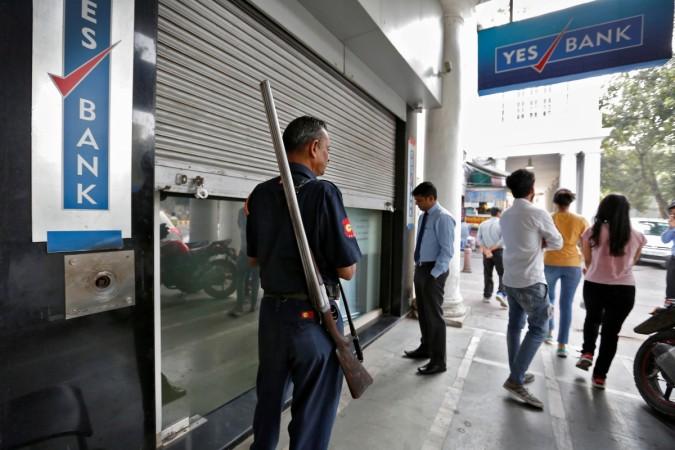
The six-member Monetary Policy Committee (MPC), headed by Reserve Bank of India (RBI) Governor Urjit Patel decided to maintain a status quo on key rates. The repo rate currently stands at 6 percent after the Central Bank slashed it by 25 bps in the last monetary policy review on August 9. It had cut the reverse repo rates to 5.75% in the same policy review.
To understand how the move will impact you, let us first understand what repo rate is.
Repo rate is the rate at which RBI lends money to banks or the rate at which banks borrow money from the RBI. The reverse repo rate is the rate at which banks park their surplus funds with the RBI.
Experts had predicted that the Central Bank would not go for a rate cut in its October policy meeting as the core inflation pace has been much stronger. It is thus important for an investor to keep an eye on inflation to understand the track of future rate cuts.
Maintaining the status quo on repo rates means that the banks may not cut deposit and lending rates until the next RBI policy review slated in December.
Let us take a look at what no change in rates means.
Loan Seekers/Borrowers
The RBI's stance on no rate cut means that if you are a customer of floating loan rates, then you may not witness any further drop in rates as your bank/lender will not lower the rates in line with RBI. The loan rates will further come down only when RBI decides to go for a rate change. If you are a new borrower or planning to take a loan, it is the best time for you to decide if you should opt for fixed or floating rate loans.
There are expectations of another rate cut in December. But even if this cut doesn't happen, the interest rates on loans are still very attractive. If you're looking to buy property, the home loans on offer start from around 8.30% per annum. Car loan rates have reduced to around 8.9%. Personal loan rates start from around 10.60%. This also being the festive season, lenders have attractive offers such as waiver of processing fees, and special offers for women. Additionally, if you go online, you can also earn gift vouchers worth up to Rs. 5000 on your loan purchases. Lower interest rates allow you to make your dream purchases. For example, a lower rate on a home loan or a car loans means you can buy a bigger house or a bigger car. Lower rates on personal loans mean you can go on a holiday, buy electronics or a two-wheeler and so on.

The bottoming out of interest rates present an opportunity to pre-pay on existing borrowings. This is the best available period for you to pre-pay on your loan, especially if you're near the start of your loan. You will be able to make great progress in your repayment by reducing your loan balance at a lower interest cost. This is especially useful if you're in the first half of your loan tenure. If it's a long-term loan like a home loan, a prepayment of even one month's EMI could potentially save you lakhs of rupees in the long run and also reduce your loan tenure by several months.
Investors
If you are an investor, then no change in interest rates might prove beneficial for you as Fixed Deposits would not see further lowering and remain stable till the next policy decision. However, your earnings from fixed deposits and small savings schemes have lowered in recent years. Most leading banks today are offering around 6% to 7% on fixed deposits. Even returns from PPF are at their lowest in decades, at 7.8%. If you're looking to earn higher returns, you have many options.

Look at liquid mutual funds if you're looking to earn moderate returns with full liquidity and high safety. Your earnings will be taxed only upon redemption unlike in a bank deposit where you may have to pay taxes as per your slab. You can also look at deposits with smaller banks which may offer you returns 0.5% to 1% higher than those offered by bigger banks.
This doesn't mean that you should get rid of fixed deposits completely. It would yield better results if instead of investing a big amount in FDs, you opt for smaller deposits of different nature. Their different maturity amounts and tenure would help you maintain liquidity. Fixed deposits with shorter terms and no lock-ins can be instantly renewed once interest rates rise. However, in the immediate future, there's further scope for rate cuts. Therefore you should consider locking in your money to avoid further rate cuts.
(The author is the CEO of BankBazaar. Views expressed in the article are personal.)

















